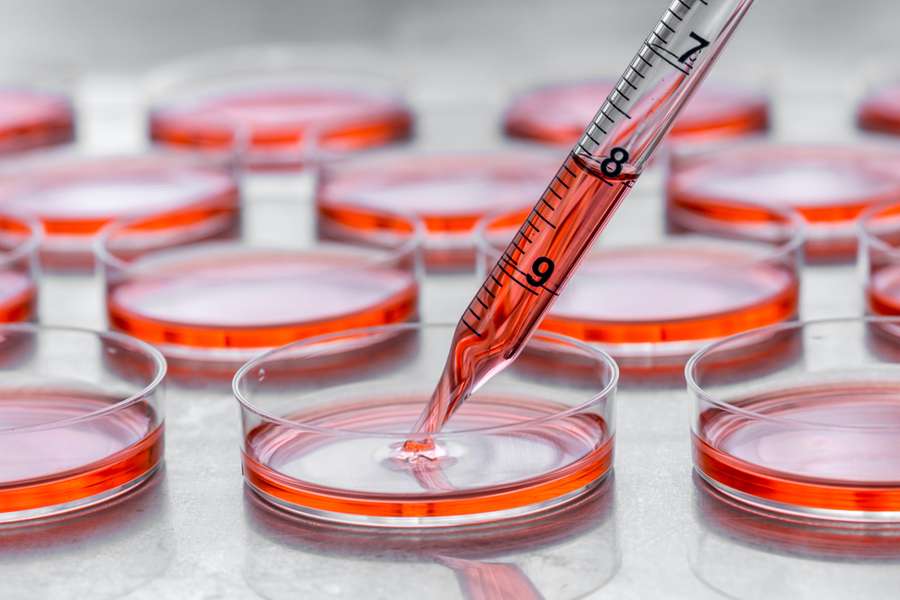
Image credit- shutterstock.com
An international team including the University of Sydney, Australia has reprogrammed human stem cells to generate insulin-producing HILOs (human islet-like organoids). When transplanted into mice, HILOs restore glucose control.
Research published recently in Nature has shown that human stem cells can be used to create insulin-producing pancreatic islets. When transplanted into diabetic mice, these islets can control blood glucose levels.
The cells used in this therapy are also able to evade detection by the immune system. This means that they can potentially reduce the incidence of transplant rejection and the need for recipients to take immunosuppressant drugs for the rest of their life.
“More research is needed, but if we are able to find a way to re-establish long-term pancreatic islet function and return blood glucose levels to normal, as well as reduce the need for immunosuppressants, that would be a game-changer for patients with type 1 diabetes", said Professor Philip O’Connell, Executive Director at The Westmead Institute for Medical Research. Almost 20-years ago, he led Australia’s first pancreatic islet transplantation trials at Westmead Hospital and The Westmead Institute for Medical Research. Today, he continues his research, aiming to improve this procedure and develop islet transplantation as a mainstream treatment for type 1 diabetes.
Professor Liddle, a Principal Investigator at the Storr Liver Centre at University of Sydney School of Medicine and The Westmead Institute for Medical Research and also a clinician at Westmead Hospital, agrees that more research is needed before this approach is ready for human clinical trials.
While the procedure is now funded by the Australian Government, pancreatic islet transplantation is currently limited to people with severely unstable type 1 diabetes, particularly those for whom insulin therapy alone is not effective and who experience recurrent and severe hypoglycaemic episodes.




